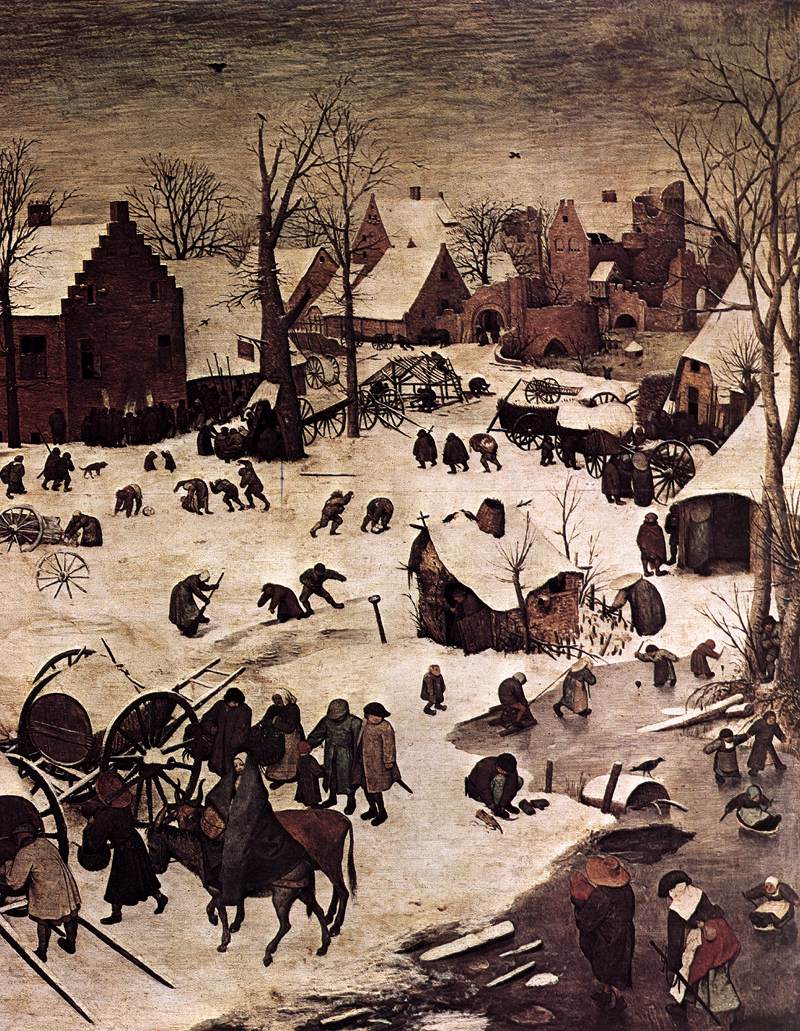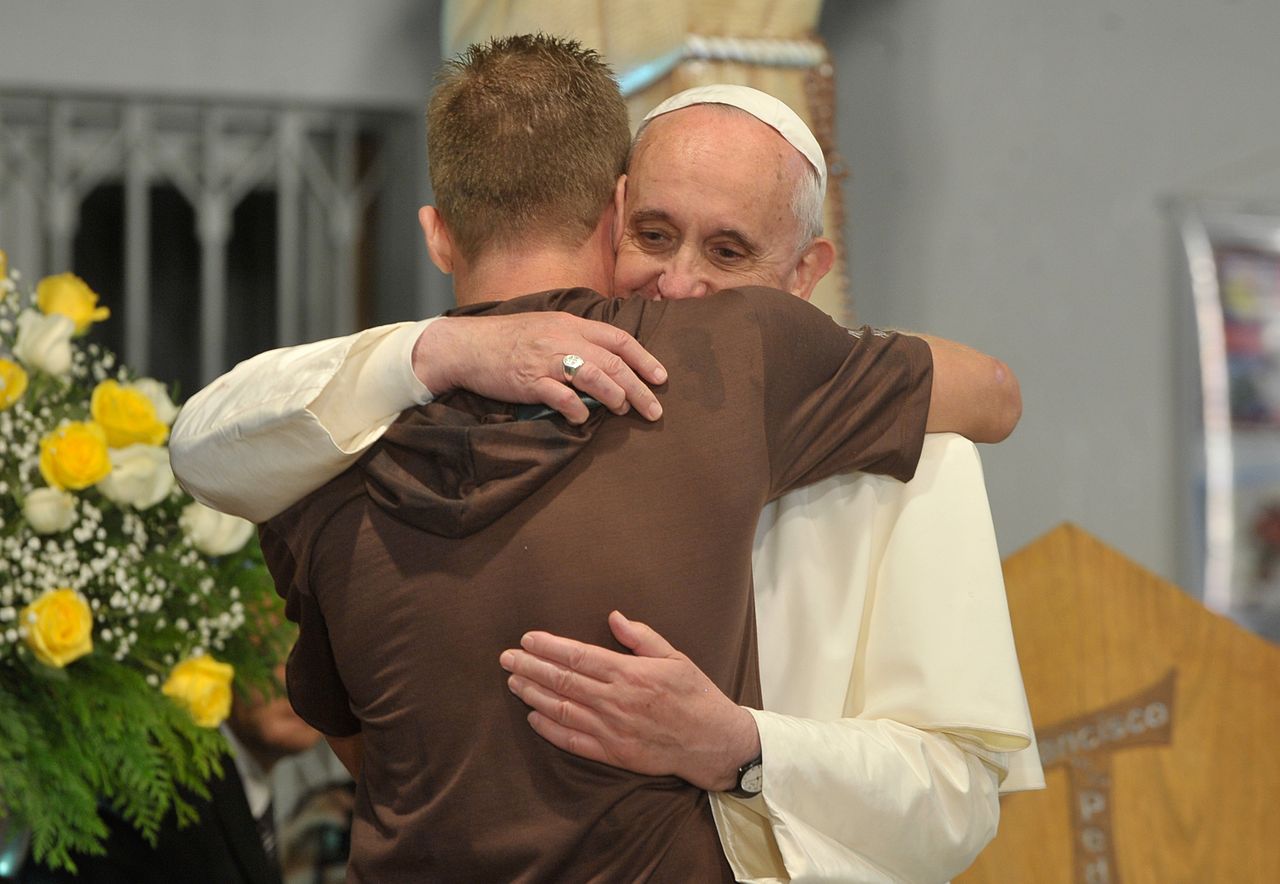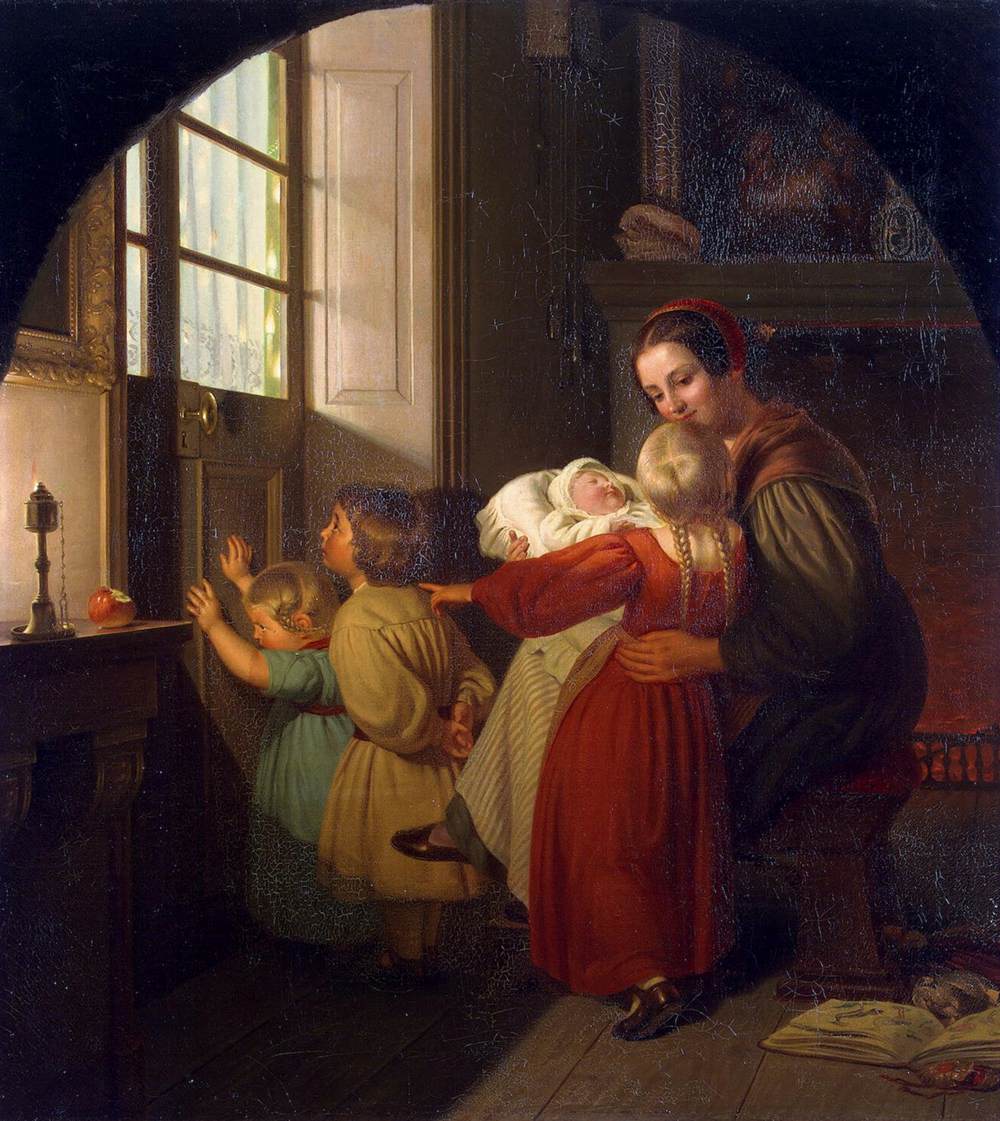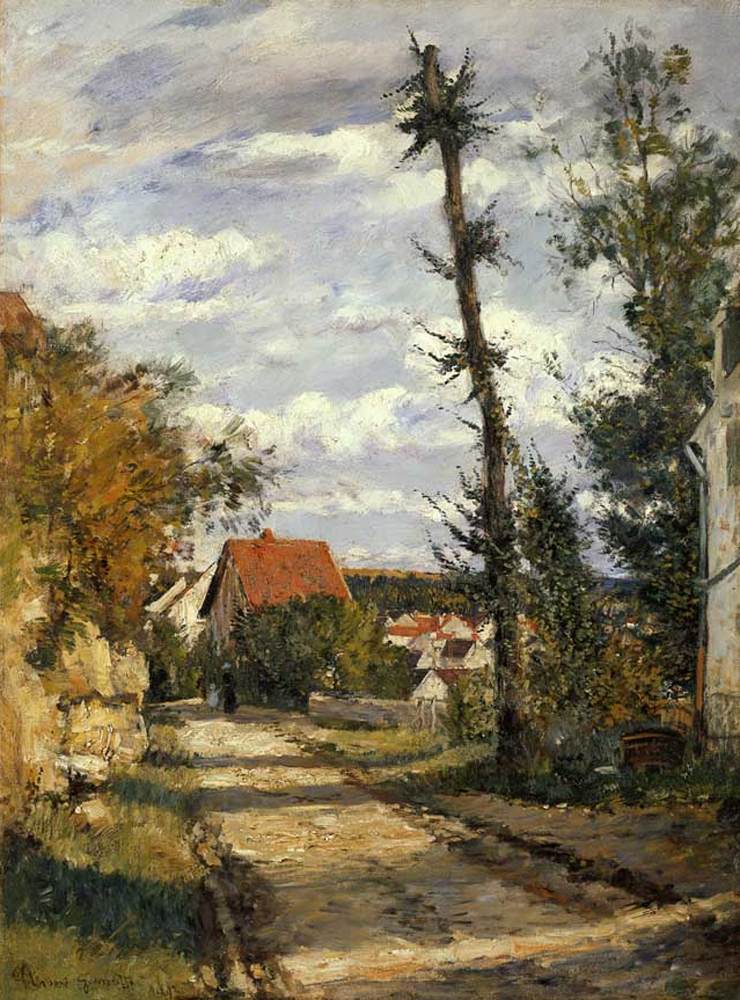‘The parents of Jesus brought him up to Jerusalem to present him to the Lord.’ Sunday Reflections, Feast of the Holy Family
Presentation in the Temple, Gerbrand van den Eeckhout, 1671
Szépmûvészeti Múzeum, Budapest [Web Gallery of Art]
Readings (New American Bible: Philippines, USA)
Readings (Jerusalem Bible: Australia, England & Wales, India [optional], Ireland, New Zealand, Pakistan, Scotland, South Africa)
The above include alternative First and Second readings and Responsorial Psalms for Year B. This Gospel is always read in Year B.
Gospel Luke 2:22-40 [or Luke 2:22, 39-40] (New Revised Standard Version, Catholic Edition, Canada)
When the time came for their purification according to the law of Moses, the parents of Jesus brought him up to Jerusalem to present him to the Lord [(as it is written in the law of the Lord, “Every firstborn male shall be designated as holy to the Lord”), and they offered a sacrifice according to what is stated in the law of the Lord, “a pair of turtledoves or two young pigeons.” Now there was a man in Jerusalem whose name was Simeon; this man was righteous and devout, looking forward to the consolation of Israel, and the Holy Spirit rested on him. It had been revealed to him by the Holy Spirit that he would not see death before he had seen the Lord’s Messiah. Guided by the Spirit, Simeon came into the temple; and when the parents brought in the child Jesus, to do for him what was customary under the law, Simeon took him in his arms and praised God, saying, “Master, now you are dismissing your servant in peace,
according to your word;
for my eyes have seen your salvation,
which you have prepared in the presence of all peoples, a light for revelation to the Gentiles
and for glory to your people Israel.” And the child’s father and mother were amazed at what was being said about him. Then Simeon blessed them and said to his mother Mary, “This child is destined for the falling and the rising of many in Israel, and to be a sign that will be opposed so that the inner thoughts of many will be revealed—and a sword will pierce your own soul too.” There was also a prophet, Anna the daughter of Phanuel, of the tribe of Asher. She was of a great age, having lived with her husband seven years after her marriage, then as a widow to the age of eighty-four. She never left the temple but worshiped there with fasting and prayer night and day. At that moment she came, and began to praise God and to speak about the child to all who were looking for the redemption of Jerusalem.] When they had finished everything required by the law of the Lord, they returned to Galilee, to their own town of Nazareth. The child grew and became strong, filled with wisdom; and the favor of God was upon him.
The text in [square brackets] may be omitted.
Before Christmas we listened to the words of St Matthew: Now the birth of Jesus the Messiah took place in this way. When his mother Mary had been engaged to Joseph, but before they lived together, she was found to be with child from the Holy Spirit. Her husband Joseph, being a righteous man and unwilling to expose her to public disgrace, planned to dismiss her quietly. But just when he had resolved to do this, an angel of the Lord appeared to him in a dream and said, “Joseph, son of David, do not be afraid to take Mary as your wife, for the child conceived in her is from the Holy Spirit. She will bear a son, and you are to name him Jesus, for he will save his people from their sins” (Matthew 1:18-21).
Joseph, by obeying God’s messenger and by naming the Son his wife Mary bore, became the legal father of Jesus. The Church honours him above all as the Husband of Mary. St John XXIII added the words and blessed Joseph, her Spouseto the Roman Canon, now also known as the First Eucharistic Prayer, while Pope Francis has included that phrase in the other three main Eucharistic Prayers. It was as the Husband of Mary that St Joseph took care of her and of Jesus. It was St Joseph whom Jesus knew asDad/Papa/Tatay. It was from St Joseph that Jesus, God who became Man, learned, in his humanity, to grow into manhood.
St Joseph submitted his whole being, as did his wife Mary, to doing God’s will. Jesus was flesh of her flesh, but not of his. Yet he loved Jesus as if he was his own son, first of all by loving his mother.

The Census at Bethlehem (detail) Pieter Bruegel the Elder,1566
Musées Royaux des Beaux-Arts, Brussels [Web Gallery of Art]
Peter Bruegel the Elder, maybe the first major painter to focus on the lives of ordinary people, captures the quiet responsibility of St Joseph, leading the donkey on which the heavily pregnant Mary is riding. The picture above is a detail of the full painting that I used on Christmas Eve. Bruegel has transposed Bethlehem to a village in the Netherlands in the middle of winter. He captures the reality that the Holy Family were ‘nobodies’. None of the people around notices them. They too are caught up in the red tape of their day, having to travel long distances to have their names registered.
Gerbrand van den Eeckhout in the Presentation in the Temple shows St Joseph as a man who is somewhat shy, not wanting to be in the limelight, but standing protectively over Mary as she kneels before Jesus held in the arms of Simeon, with Anna the Prophetess in the background. St Joseph here reminds me very much of my own father.
And in the video of the Presentation what strikes me is that St Joseph is the one carrying Jesus. But before he hands the infant to Simeon he quietly asks Mary’s permission to do so. Mary hands Jesus back to Joseph after receiving him from Simeon and it is St Joseph, as head of the Holy Family, who presents the infant to the priest who offers him to God. The priest has no idea who this child of poor parents really is.
On 17 November Pope Francis said: It is necessary to insist on the fundamental pillars that govern a nation: its intangible assets. The family is the foundation of co-existence and a guarantee against social fragmentation. Children have a right to grow up in a family with a father and a mother capable of creating a suitable environment for the child’s growth and emotional development. This is why, in the Apostolic Exhortation Evangelii Gaudium, I stressed the ‘indispensable’ contribution of marriage to society, a contribution which ‘transcends the feelings and momentary needs of the couple’ (n. 66). And this is why I am grateful to you for the emphasis that your colloquium has placed on the benefits that marriage can provide children, the spouses themselves, and society.
There have always been children who have grown up without one or both parents. In the Bible they are seen as young persons in need of special care from the wider community. I have known many single parents, some of them widowed, raising their children lovingly and heroically. But this is not the norm.
Incredibly, many within the last two or three decades have come to dismiss the importance of husband/father and wife/mother, have come to dismiss the conception and birth of children in the way that God intended.

Pope Francis with a young recovering addict
World Youth Day 2013, Rio de Janeiro [Wikipedia]
Though without a family of my own I have for many years experienced the title ‘Father’ as a call to be one in a number of senses: a ‘spiritual father’ who leads others to our Heavenly Father through his Son Jesus Christ, and a father-figure to young persons who may have lost their father or who may even have been abused by their father or by other fatherly figures in whom they should have been able to trust.
As a man, I see today’s Feast of the Holy Family to be a call especially to us men to be like St Joseph, to be responsible, to be loving; if married to love our wives above all, if not, to be like fathers to young persons who come into our lives in whatever way and for whatever reason.
As a priest I am grateful to God for calling me not only to be ‘Father’ but to be a father to many in the sense that St Joseph was truly a father to Jesus.
Some Christmas Songs
This English Christmas carol, very popular also in Ireland, is hardly known at all in the Philippines.
The melody of this carol goes back at least to 1400. It is sung here by Libera, a London-based boys’ choir.

























